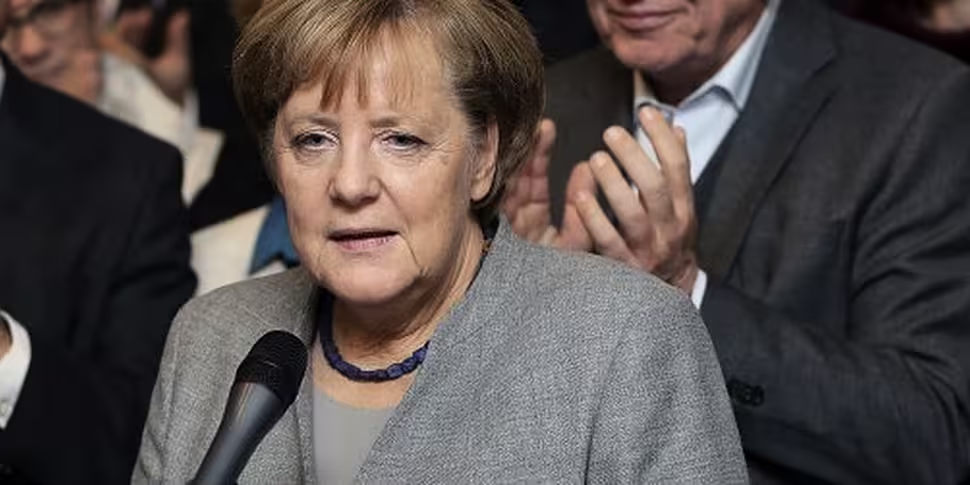Chancellor Angela Merkel's future as German Chancellor is hanging in the balance after her potential coalition partners, the Free Democrats (FDP), pulled out of talks to create a new government.
Mrs Merkel had been forced to seek an alliance with an unlikely group of parties after September's elections left her without a majority.
But after four weeks of negotiations, FDP leader Christian Lindner walked out of the discussions, saying there was no "basis of trust" to forge a government with Mrs Merkel's conservative bloc and the Greens.
"It is better not to govern than to govern badly," he said, adding that the parties did not share "a common vision on modernising" Germany.
Mrs Merkel emerged from the talks looking weary but vowed to steer Germany through the crisis.
She said she would stay on as acting Chancellor and would consult with President Frank-Walter Steinmeier on how to move forward, adding that a deal had been within reach.
"It is a day of deep reflection on how to go forward in Germany," she said. "As Chancellor, I will do everything to ensure that this country is well managed in the difficult weeks to come."
Mrs Merkel was weakened after the September election as voters angry with her decision in 2015 to open Germany's borders to more than a million asylum seekers punished her party by voting for the Alternative for Germany (AfD) far-right party.
The breakdown of the talks seemingly leaves Germany with two options: Mrs Merkel forms a minority government, or President Steinmeier calls a new election if no government is formed.
The key sticking points of the negotiations were the issues of migration and climate change.
Among other things the Greens were pushing for Germany to end its use of coal and combustion engines by 2030, although they had signalled they were open to some compromise.
The other parties are also committed to reducing carbon emissions, but Mrs Merkel's bloc had not put a date on when to phase out coal.
The FDP expressed concern about what the moves would mean for jobs and Germany's economic competitiveness.
On migration, the Christian Social Union was pushing for an annual cap on refugees, while the Greens wanted to allow more categories of recent migrants to bring their closest relatives to join them.









